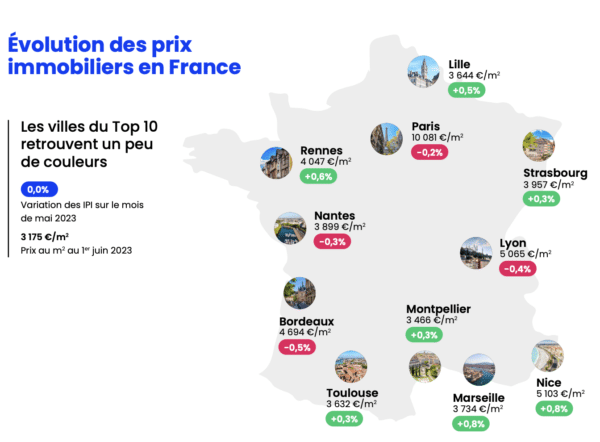Expert Insight, Breaking News, and Insider Stories on Real Estate in Paris

What is the difference between a compromis de vente and a promesse de vente?
A compromis de vente is a mutual obligation of the buyer (to buy) and the seller (to sell). Literally translating as “a promise to sell,” the promesse de vente is a unilateral obligation to sell.
There are two substantial drawbacks to a compromis de vente:
- If the buyer chooses not to complete the purchase, he can be sued for specific performance. While ordinarily the seller will just take the good faith deposit and resell, the agent – who stands to lose their fee entirely – can and may sue to recover their commission.
- If the buyer ultimately decides to purchase through a company structure, or wants to add a co-purchaser, there is a risk that this substitution will be considered a second “sale” of the property subject to double the taxes.
Most importantly, the promesse de vente is drafted by your notaire, a legally trained authority on property transactions. Signing a compromis runs the risk of being poorly drafted and resulting in consequences the buyer (and/or seller) did not foresee. Our advice is always to sign a promesse if possible or, if not, to have a notaire review the compromis during the 7-day period of reflection, so that you can retract without consequences if need be.
Have a question you want answered about Paris real estate? Ask Miranda.
Contact Paris Property Group to learn more about buying or selling property in Paris.













